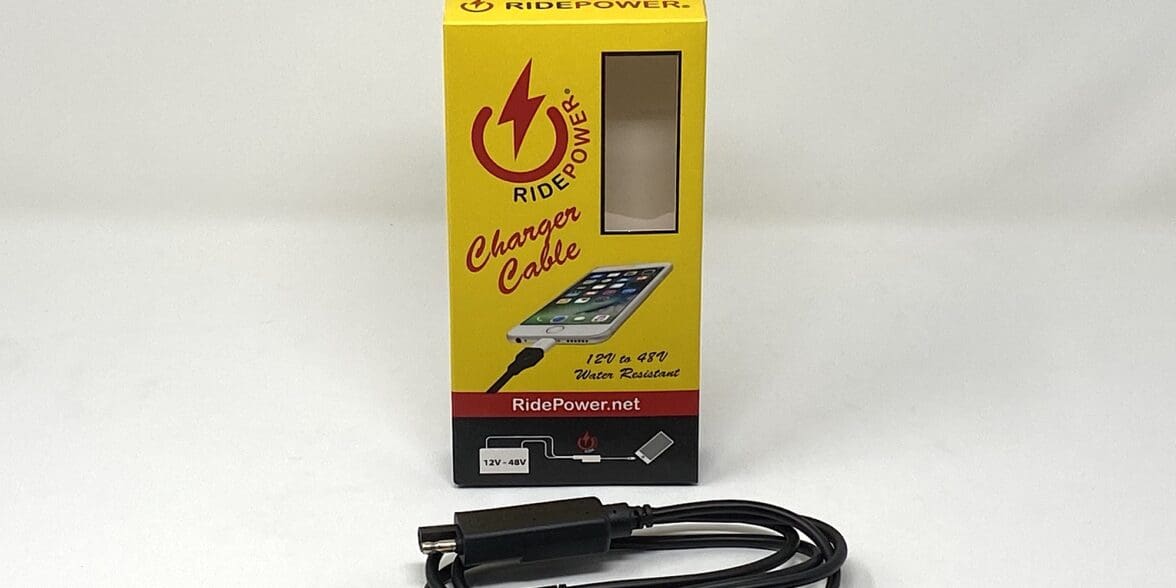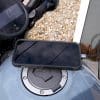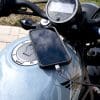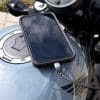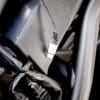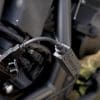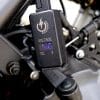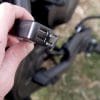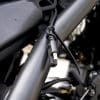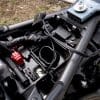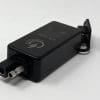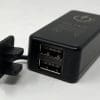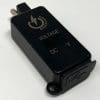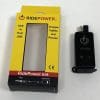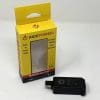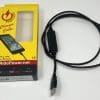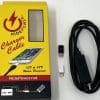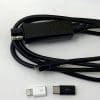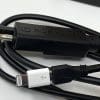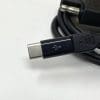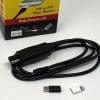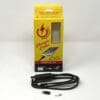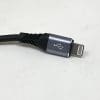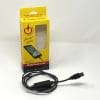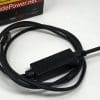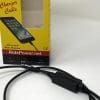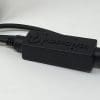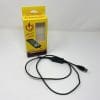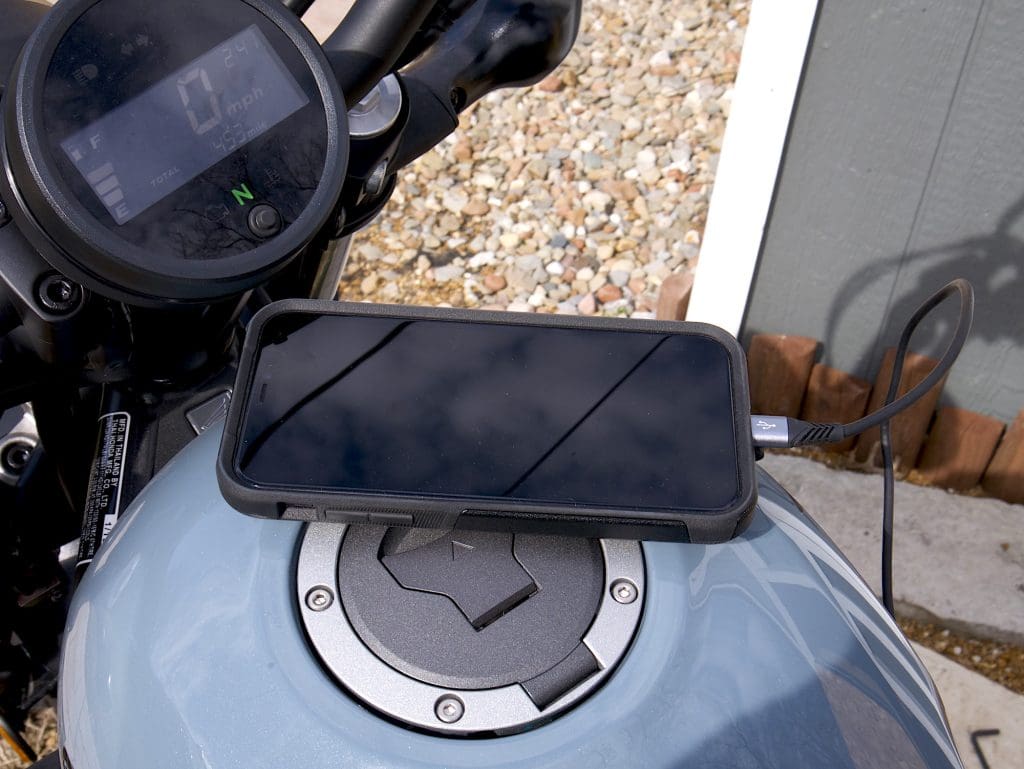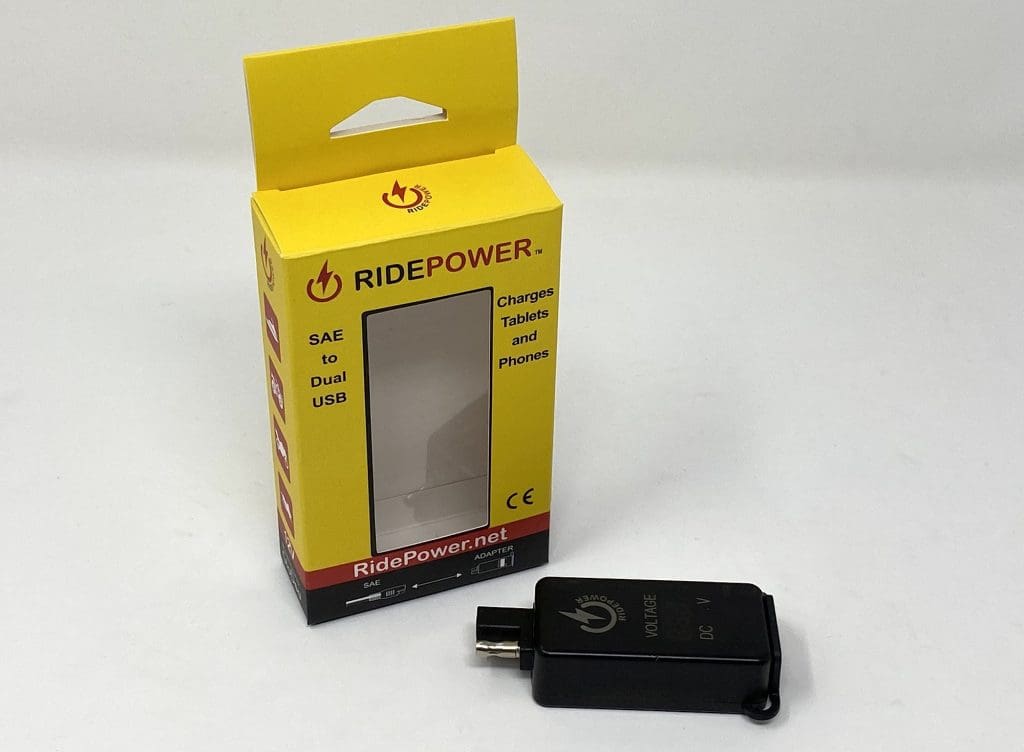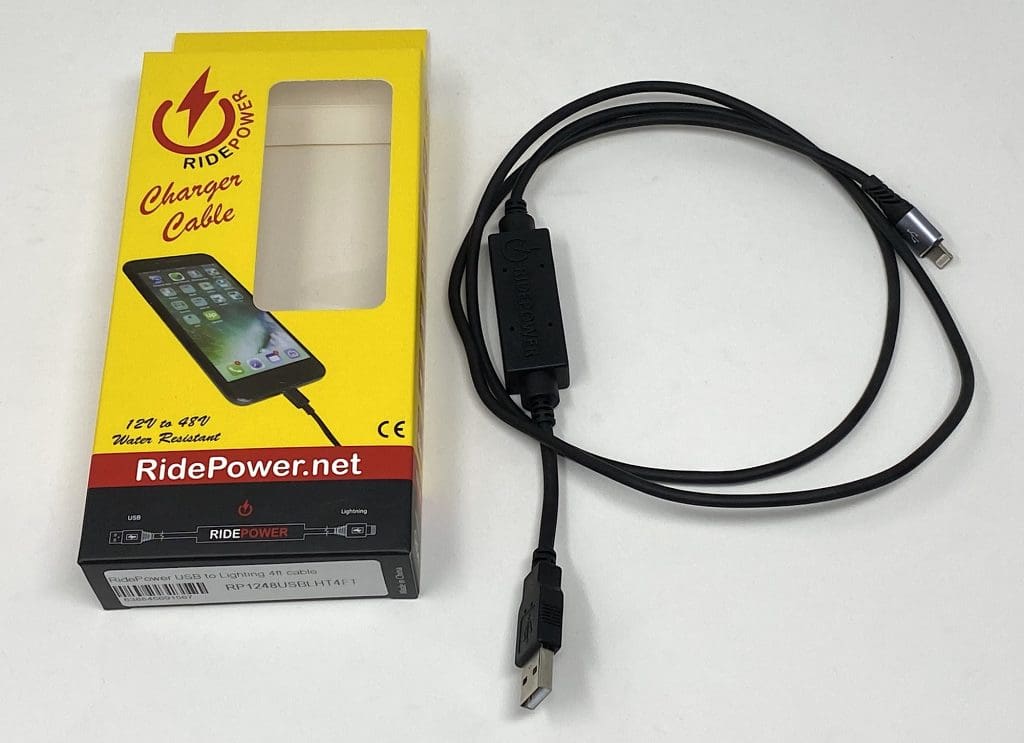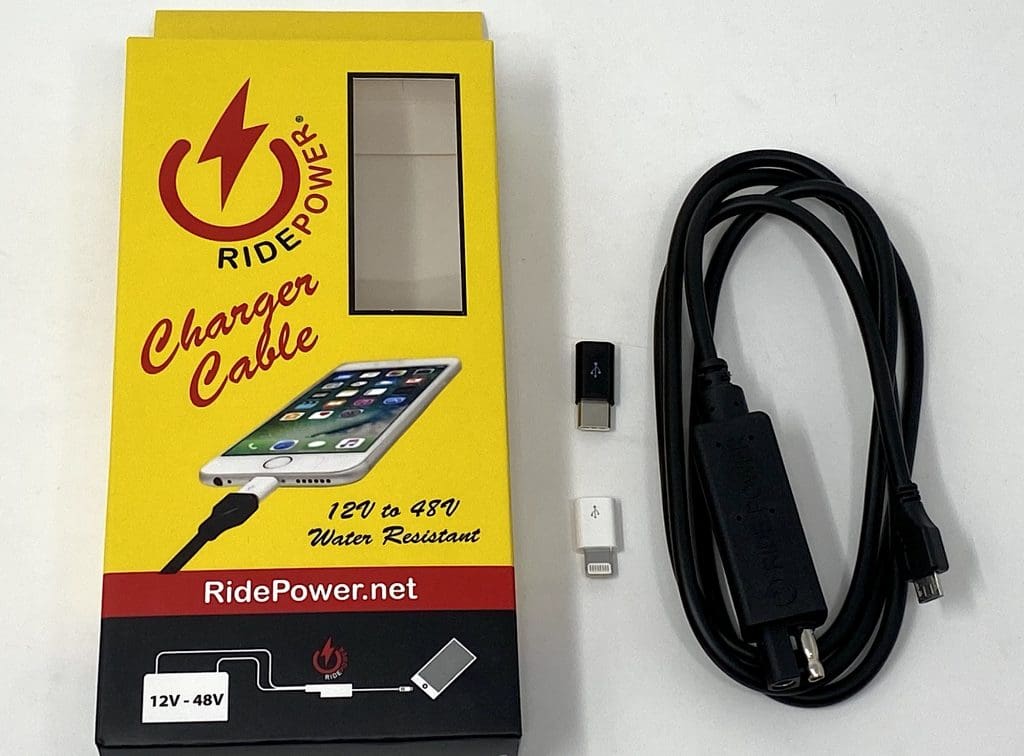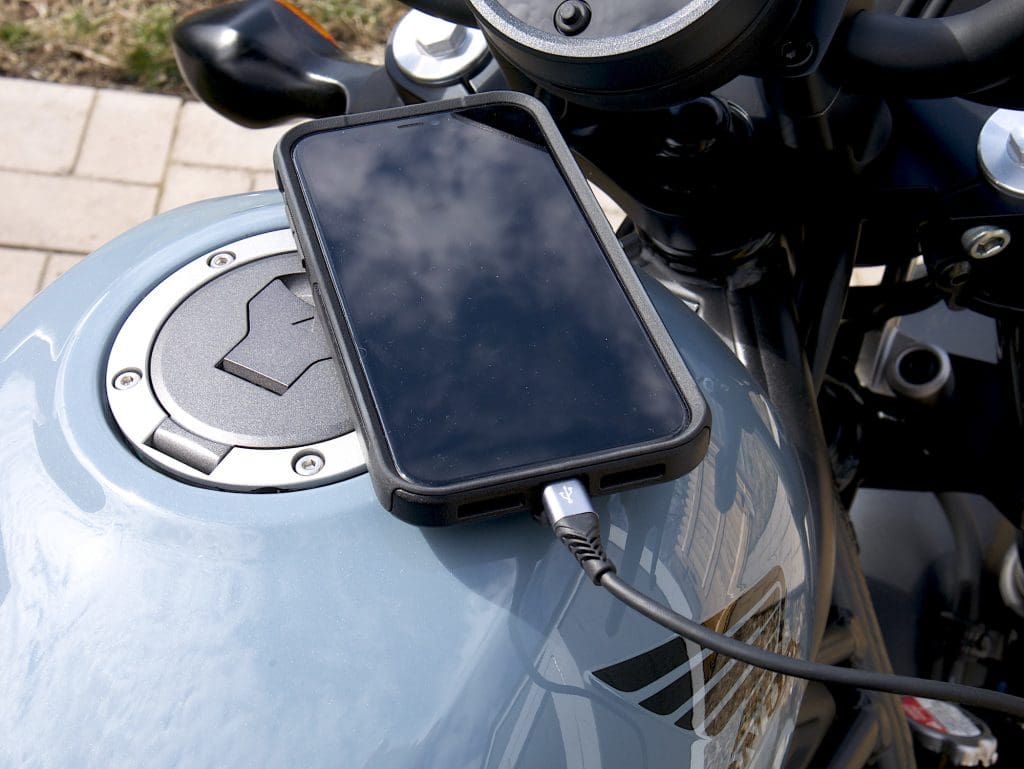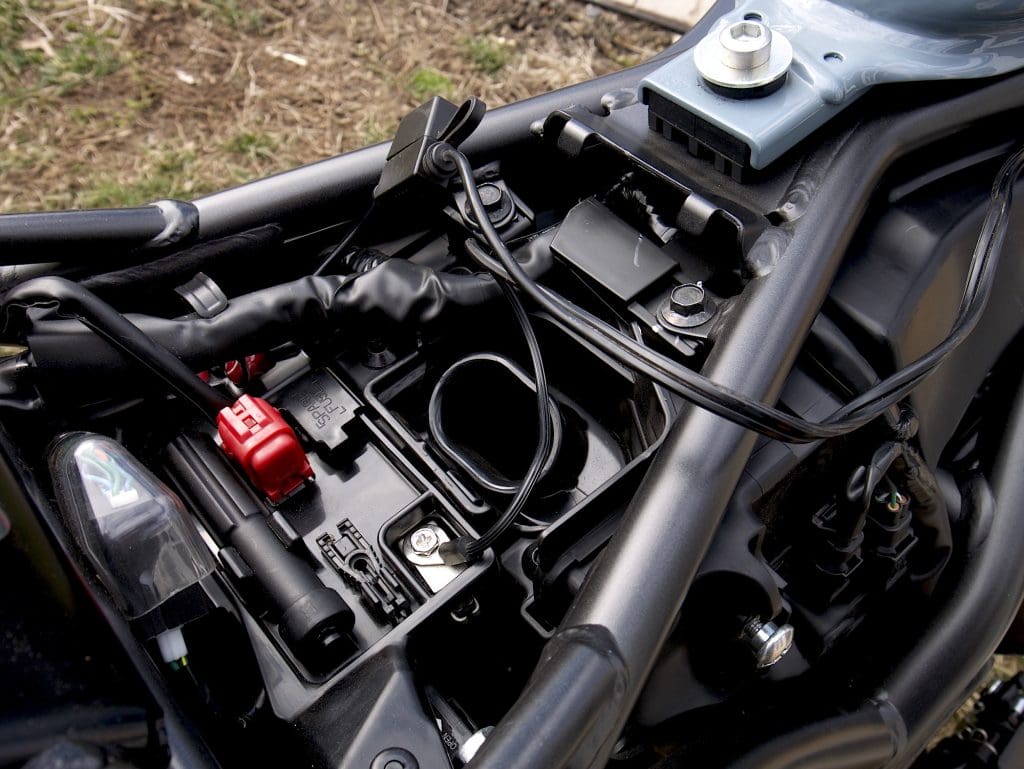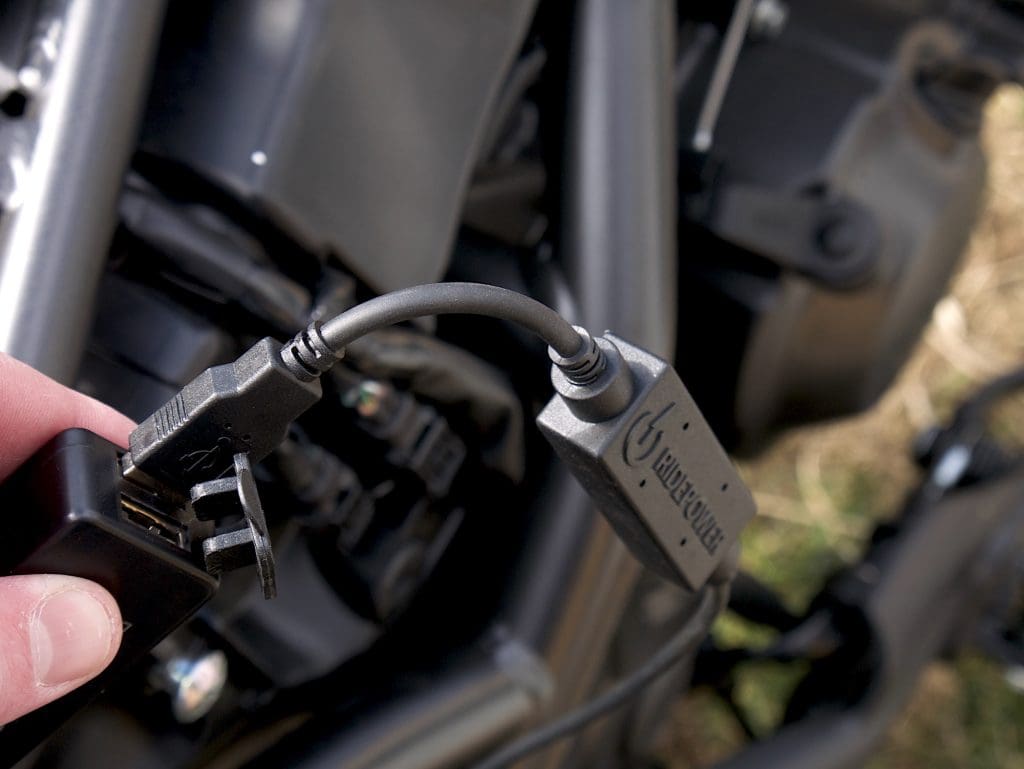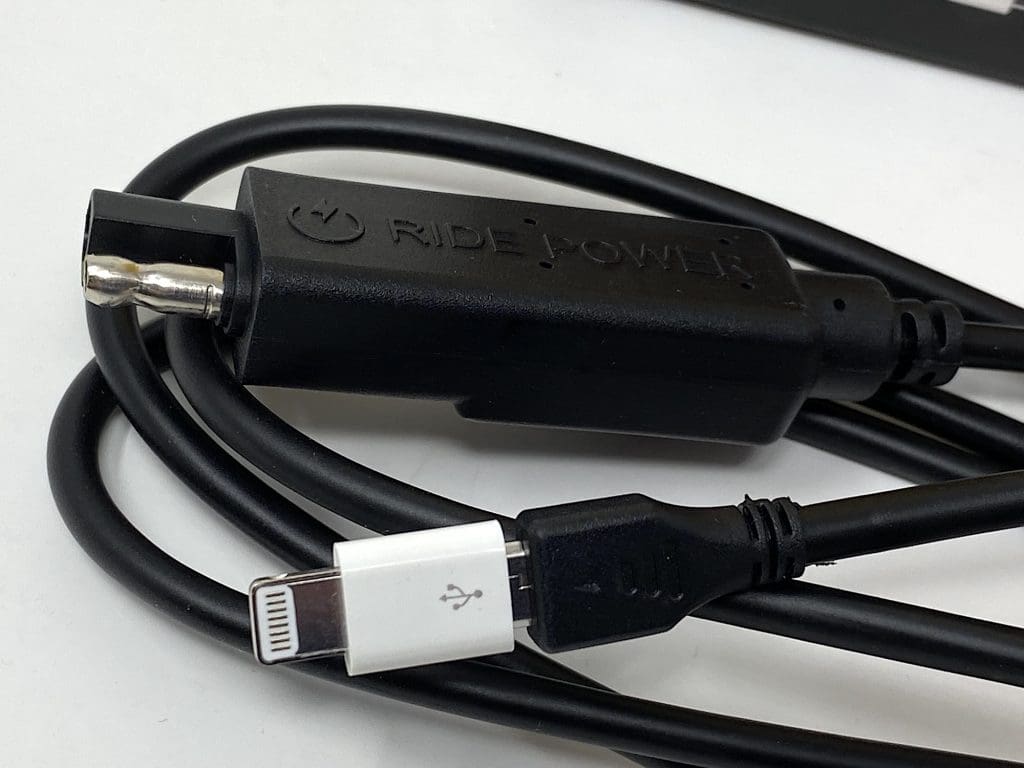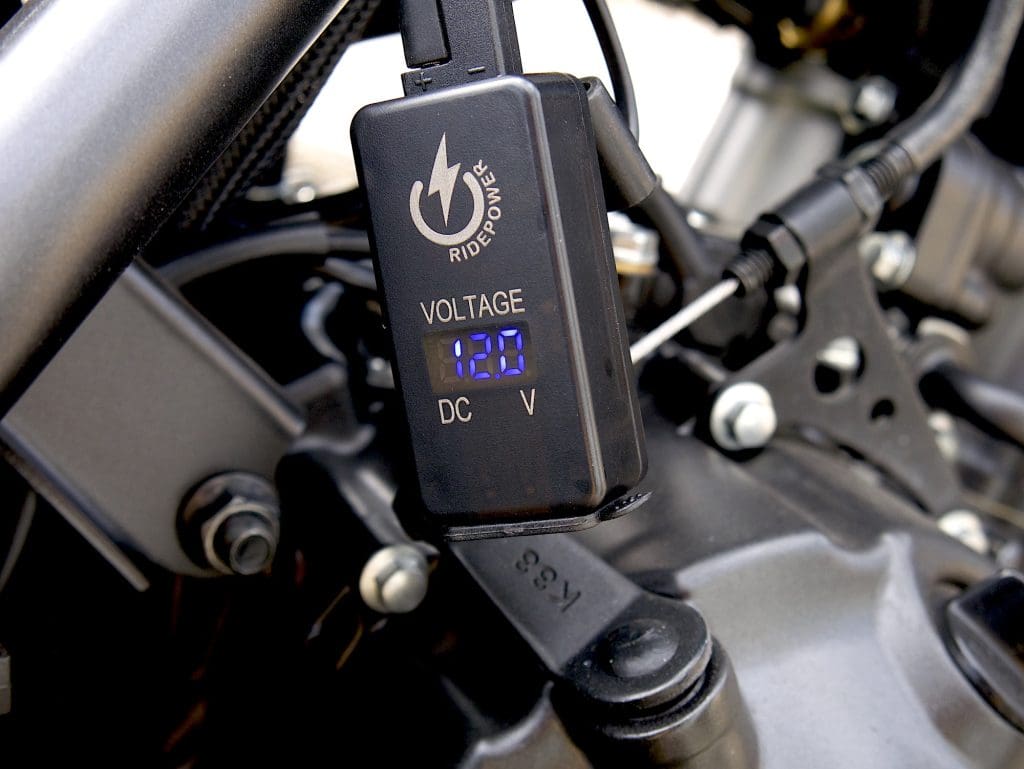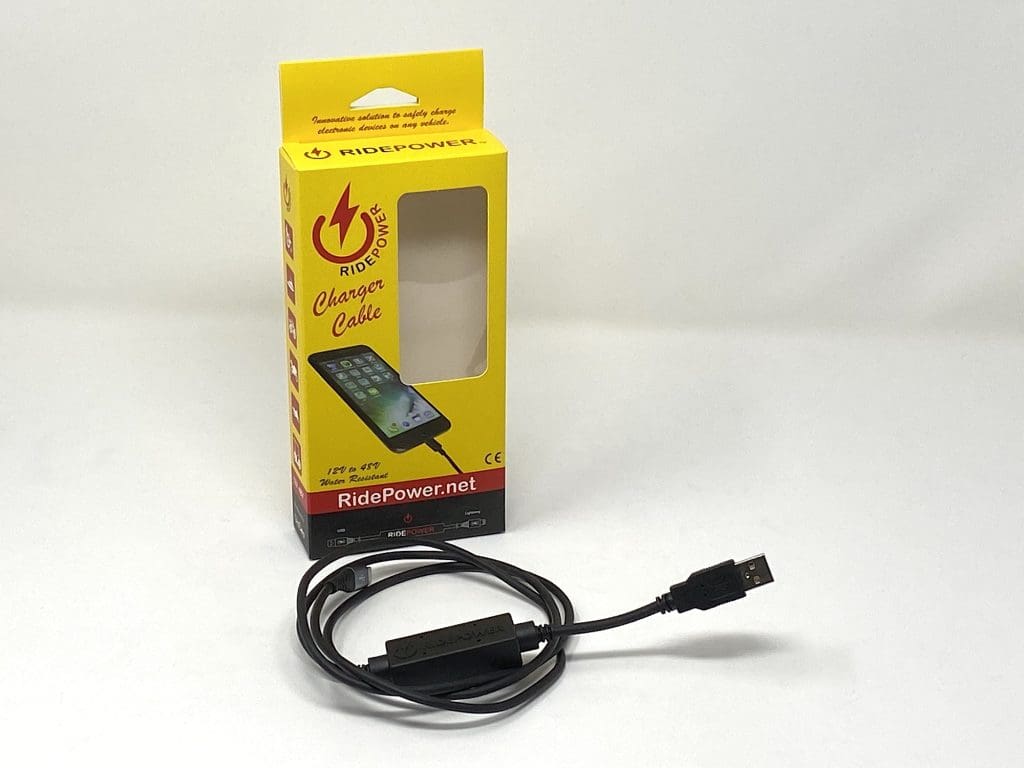Charging your phone most of the time is probably a bit of an afterthought. You plug it in at night and unplug it in the morning, or maybe you plug it in more often. At any rate, you likely use the charger your phone came with and you don’t think twice about it. But what do you do on the bike?
If you’re like me, for a long time, you just tried to always leave with a charged-up phone. However, we all know that there will come a time when you head out and your phone is on 10 percent or less. Not the best scenario, especially if you’re going to be on a longer ride.
The fact of the matter is that your phone is as much a safety device when you ride as it is a communications device when you’re not on the bike. If you get stranded, you’ll be able to get help. If you have an accident, you’ll hopefully be able to call for help. While nobody wants you actively using your phone while riding, I don’t think anyone will say it’s bad to have one charged up and ready to use while you’re out there.
If you need a way to charge your phone while you ride, and you shouldn’t use your standard phone charging cable. That’s what RidePower was created for.
What is the RidePower Charger?
The RidePower charger is a charger designed specifically for powersports applications. The founder of the company Steve Young created the charger for use on jet skis. It’s water-resistant and designed for delicate electronics like your smartphone.
It lets you connect your phone and use your GPS or other relevant apps while you ride without zapping all the battery power.
Steve reached out to me about the RidePower charger and asked if I’d be interested in reviewing the product. While I rarely use my phone for GPS on my bike, I do always worry about having enough of a charge with my phone. So, I said yeah, and Steve sent the product.
RidePower has a few different options, and Steve sent me a few different ones to test. They all do essentially the same thing: charge your device.
SAE to Dual USB Adapter
First up we have the SAE to dual USB adapter. This little black box connects to a standard SAE power connection that attaches to your battery. From there it displays the voltage coming off your battery and provides two different USB 2.0 ports to plug in your electronics.
The power output for each USB port is 2.1 amps. This is enough to give your phone or electronic device some juice. It’s important to note that you still need a charger cable from this product to your phone.
USB to Lightning Cable
Speaking of a charging cable from the adapter discussed above and your phone, that’s exactly what this cable is. While I tested all of the cables that RidePower sent my way, I used this in conjunction with the adapter the most.
The cable worked perfectly for my iPhone. The cable itself has a surge protector installed on it that will ensure your phone does not experience any issues from the power supply.
SAE to Micro USB, USB-C, or Lightning Cable
The last cable that RidePower sent was a cable that had the SAE connection on one end and a micro USB on the other. There were a couple of adapters so that you could make the cord work for either a USB-C or a lightning connection.
This cord eliminates the need for the adapter, but it does use up your whole SAE connection, whereas the adapter provides two USB charging ports, which can be handy if you’re riding two-up or you have multiple devices.
What Do You Need?
If you have a USB connection available on your bike, then nothing. You can use the standard USB to Micro USB or Lightning cable connection. Plug it in and go. If you don’t have a standard USB on your bike, then you’ll need a SAE cable connection, which you can get from RidePower or most automotive, motorcycle, or electronic stores.
The SAE cable connection attaches to your battery and from there, you can plug in one of the combinations of options outlined above. This option gives you some flexibility. Personally, I dig the adapter situation because you get two USB ports to connect your devices up to.
How Well Does It Work
I tested the RidePower Chargers over the course of several cold and sometimes wet days of riding. Getting set up was easy enough—a couple of simple connections—and using the charger was drama-free.
Installation
The installation process takes maybe 10 to 15 minutes if you’re slow like me. If you haven’t added an SAE connection to your battery already and are without a USB port to plug in to, then you’ll need to add an SAE connection to your battery. With a simple Phillips screwdriver, you can attach this cable to your battery’s terminals.
From there, it’s a matter of connecting whatever charging cable you feel like using, and then connecting up your phone and finding a good place to put your phone while you ride.
Quality
In terms of quality, the chargers appear to be very well made. The cables are thicker than with typical chargers, and the connections feel sturdy and not like they’ll disconnect without you purposefully pulling them apart.
The rubber used for the cables feels thick and like it won’t dry out due to cold temperatures or excessive amounts of sunlight. I can’t say for sure how they will hold up over time, due to the fact that I only tested them for a few hundred miles over the course of a few days, but I will say that I didn’t exactly ride in the best weather, and the cables look just as good as they did the day I got them.
I also had no issues due to moisture or water. While I didn’t do any riding in heavy rain, I was caught in the snow once, and most of the other times I rode, the roads were wet and there was a little sprinkling going on. The RidePower charger performed flawlessly in the less than ideal weather conditions.
I would be interested to know how much rain these chargers can withstand. If you got caught in a hard downpour would your charger still work? I don’t know. I didn’t have a chance to test that, but I feel comfortable saying in light rain or misting rain, you’ll have no issues.
Performance
As far as how well the chargers worked I can say that they worked pretty well. The adapter is designed for each USB port to put out around 2.1 amps. The cables provided to me were both rated at 1 amp or 5 volts, which is the same that Apple sells with the new iPhone when it ships.
While you can use a faster 2.1 amp charger with an iPhone, I’d say to stick with the 1 amp charging cable. It’s better to be safe than sorry when it comes to this type of thing, and if it doesn’t come straight from Apple, I’m going to go with the charging cable that puts out the same power as what comes with the phone. RidePower does well here.
As far as how fast the charger works, it’s the same power output as the charger the phone comes with, so you’ll see roughly the same charging times. With the 1 amp charger the iPhone ships with, you’re looking at over three hours to get a full charge at least.
With RidePower’s charger, it was about the same in my testing. I kept my phone in my jacket pocket while I rode. My phone didn’t seem to charge any faster or slower. The first day I used the charger, my battery’s reading went from about 50 percent to over 85 percent after an hour or so of riding. I’d expect that the battery would take three to four hours to charge fully.
So, while the RidePower charger is a safe and effective solution for motorcyclists, who need a charge on the go, it’s not a way to get some fast juice. If you use apps on your phone while riding—like GPS, playing music, etc.—you’re going to see even slower charge times. I played some music on one of my rides and barely saw the battery level climb. I didn’t ride for more than 30 minutes that day due to the temperatures, but it would have taken me a long time to see that battery reach full levels.
Final Thoughts
The RidePower charger is a good option for motorcyclists. Its built-in shock protection will help ensure your electronic device doesn’t experience any issues due to power surges or light rain. While I didn’t have a chance to test the charger in truly heavy rain, I can say it stands up to its claim of being water-resistant.
The charger works well, and if you need a charger for your next ride, the RidePower charger could be an excellent choice. Is it more expensive than other chargers? Not too much. Regular one meter Lightning cables from Apple run about $20. The comparable RidePower cable costs $30.
Yeah, you’re paying about 30 percent more, but you’re getting something that was designed for outdoor, motorcycle, and powersports use. It’s a tougher and more rugged cable with shock protection and some water resistance. The typical Lighting cables are designed to be used indoors, and they won’t hold up to outdoor use like RidePower’s cables will. It’s worth the extra $10, for that reason alone.


